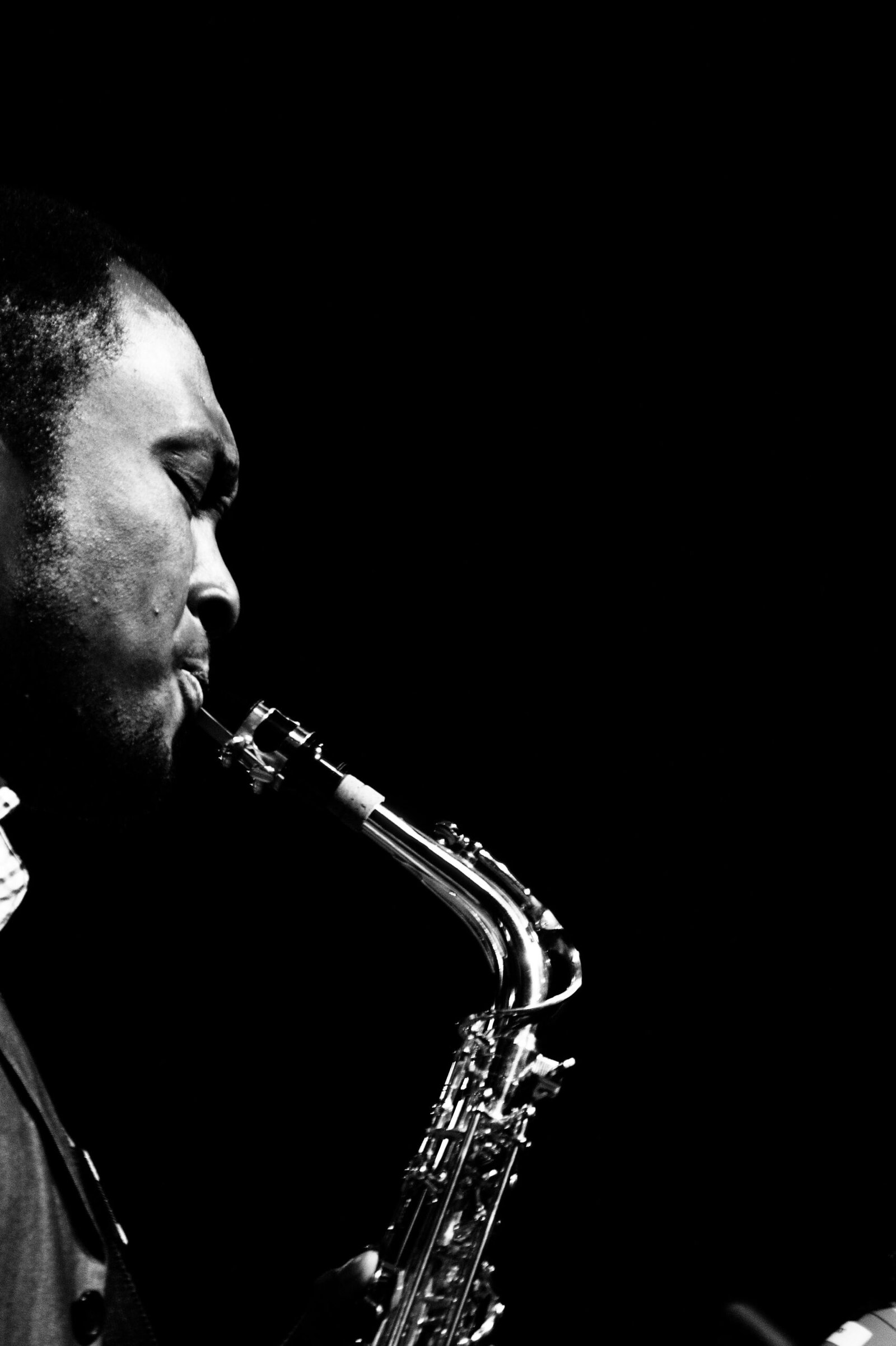The Origins and Evolution of Jazz
Jazz is a unique and influential genre of music that originated in the late 19th and early 20th centuries in African-American communities in the United States. It is a fusion of African and European musical traditions, blending elements of ragtime, blues, spirituals, and traditional African rhythms. Jazz has since evolved and diversified into various sub-genres, including swing, bebop, cool jazz, and fusion.
The roots of jazz can be traced back to the African diaspora and the cultural exchanges that occurred during slavery. African slaves brought with them their musical traditions, which were then combined with the European musical styles that they were exposed to in America. This fusion of cultures gave birth to a new form of music that was characterized by improvisation, syncopation, and expressive rhythms.
One of the key elements of jazz is improvisation, which allows musicians to express their individuality and creativity. In jazz, musicians often take turns soloing and improvising over a chord progression, creating unique and spontaneous melodies. This improvisational aspect of jazz sets it apart from other genres of music and gives it a sense of freedom and spontaneity.
The Contribution of Jazz to the Cultural Landscape
Jazz has had a significant impact on the cultural landscape, not only in the realm of music but also in art, literature, and dance. It has been a vehicle for social and political commentary, reflecting the experiences and struggles of African Americans throughout history. Jazz has served as a form of resistance and a means of empowerment, allowing marginalized communities to express themselves and assert their identities.
Jazz has also played a role in breaking down racial barriers and promoting cultural exchange. During the Harlem Renaissance in the 1920s, jazz became popular among both black and white audiences, leading to increased interaction and collaboration between musicians of different backgrounds. This cultural exchange helped to challenge stereotypes and promote understanding and appreciation of African-American culture.
Jazz has also had a profound influence on other genres of music, including rock, pop, and hip-hop. Many artists in these genres have drawn inspiration from jazz, incorporating its improvisational and rhythmic elements into their own music. Jazz has become a source of inspiration and a foundation for innovation in the world of music.
Jazz and its Connection to Sexuality
While jazz is primarily known for its musical contributions, it has also been associated with sexuality and sensuality. The connection between jazz and sexuality can be traced back to the early days of the genre when it was often performed in speakeasies and brothels. The improvisational nature of jazz allowed musicians to create a seductive and intimate atmosphere, setting the stage for romantic encounters.
Furthermore, jazz has been characterized by its expressive and emotional qualities, which can evoke feelings of desire and passion. The sensual melodies and rhythms of jazz have the power to create a mood and ignite the senses. This connection between jazz and sexuality has been explored in various forms of art, literature, and film, further cementing the association between the two.
It is important to note that the connection between jazz and sexuality is not limited to heterosexual relationships. Jazz has also been embraced by the LGBTQ+ community, providing a space for self-expression and celebration of diverse sexual identities. Jazz clubs and festivals have become inclusive spaces where people of all sexual orientations can come together and enjoy the music.
In conclusion, jazz is a genre of music that has its roots in African and European musical traditions. It has evolved and diversified over time, leaving a lasting impact on the cultural landscape. Jazz has been a vehicle for social and political commentary and has played a role in breaking down racial barriers. Additionally, jazz has been associated with sexuality and sensuality, creating a connection between the music and human desire. Jazz continues to be a vibrant and influential genre, inspiring musicians and audiences alike.

